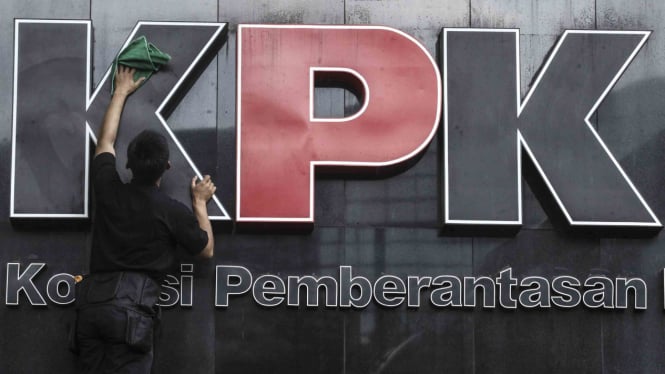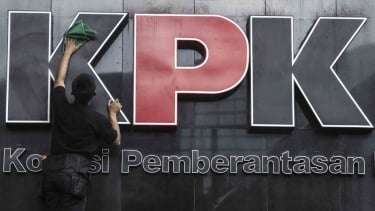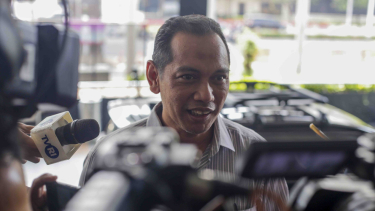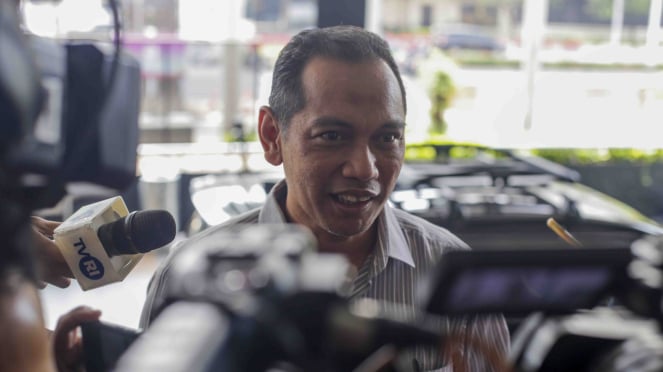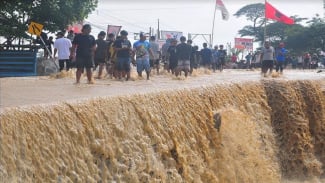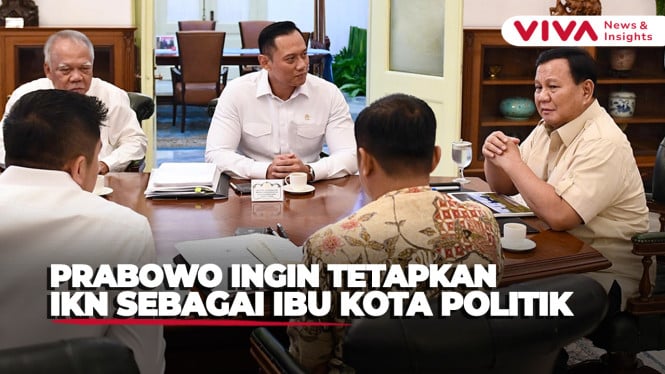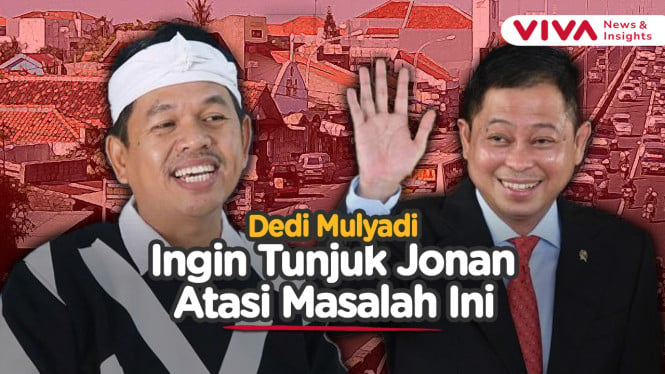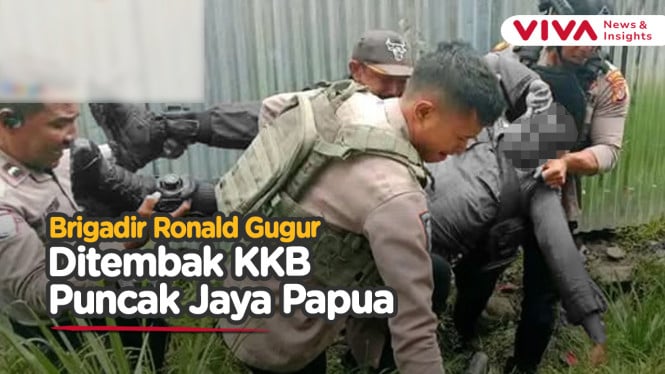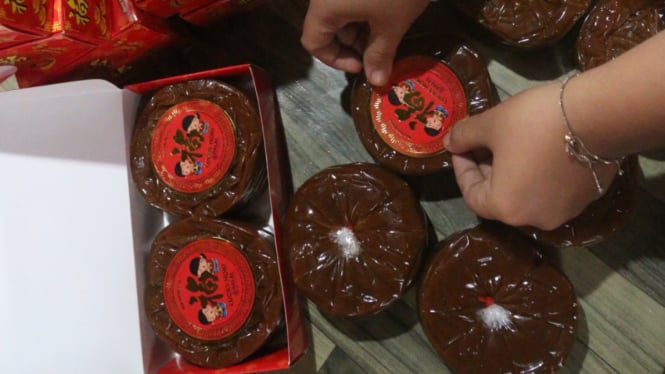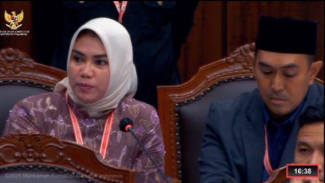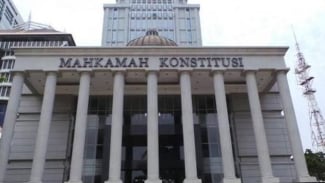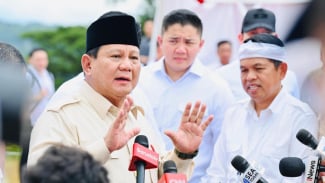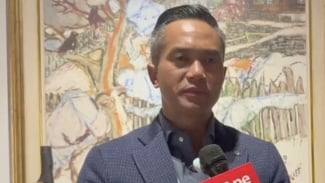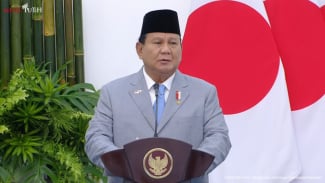KPK Suggests Social Aid Distribution through Bank Transfer
- ANTARA FOTO/Muhammad Adimaja
Jakarta – The Corruption Eradication Commission (KPK) has recommended that social assistance from the government be distributed to beneficiaries through bank transfers or via post offices to prevent corruption.
"Social assistance should not be distributed in the form of goods, but money, through banks or post offices, to be right on target and efficient in the distribution process," KPK's deputy chair, Nurul Ghufron, said on Wednesday, as reported by Antara site.
According to Ghufron, the recommendation has been provided to cut any chance of corruption and prevent the assistance from becoming a form of money politics.
Wakil Ketua KPK Nurul Ghufron
- VIVA/M Ali Wafa
Ghufron said that the KPK's recommendation on social assistance distribution is based on the latest valid database.
"We have given a recommendation and made a commitment with the government not to open up opportunities for corruption and money politics in providing social assistance to the community," he added.
As part of social assistance, the Indonesian government provided 10 kilograms of rice to 21.3 million beneficiary groups (KPM) in December 2023.
The aid was disbursed with the aim of tackling an increase in rice prices, and was distributed in collaboration with the National Food Agency (Bapanas) and state-run logistics company Bulog.
This was followed by the provision of direct cash assistance (BLT) amounting to Rp200 thousand (US$ 12.71) per month to 18.8 million KPM in November and December.
Ghufron further stated that elections are needed to ensure that state administration is carried out honestly and fairly because only then can a democracy produce the leaders its people aspire to have.
He invited the public to participate in the election and keep the situation conducive, while leaving no room for corrupt criminal practices.
According to him, the success of the election will determine the Indonesian nation future.
"Therefore, KPK must ensure that the election is free from the practice of money politics and conflicts of interest," he concluded.
